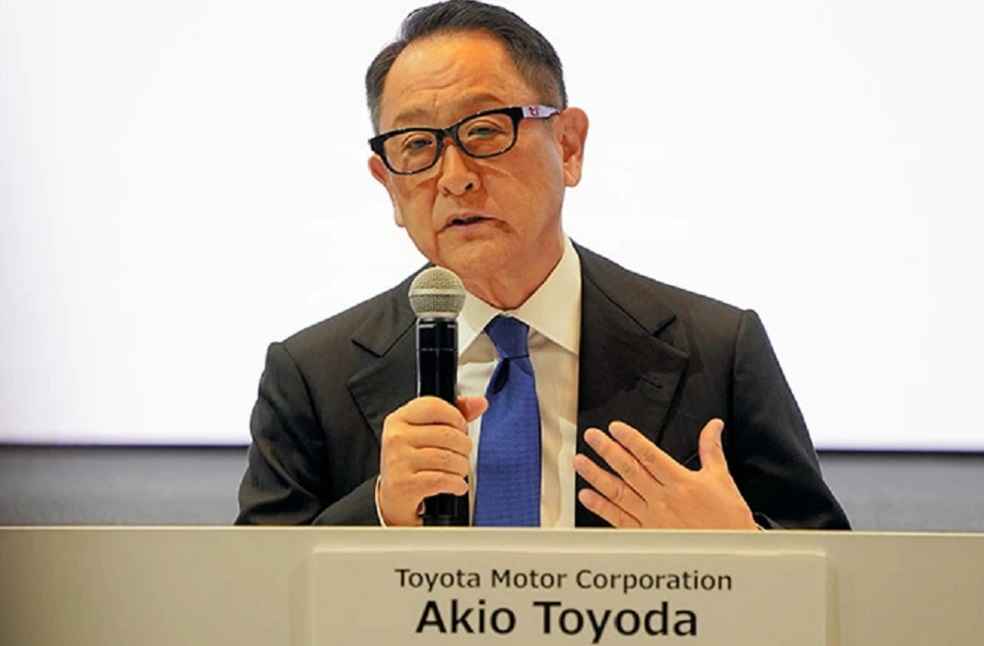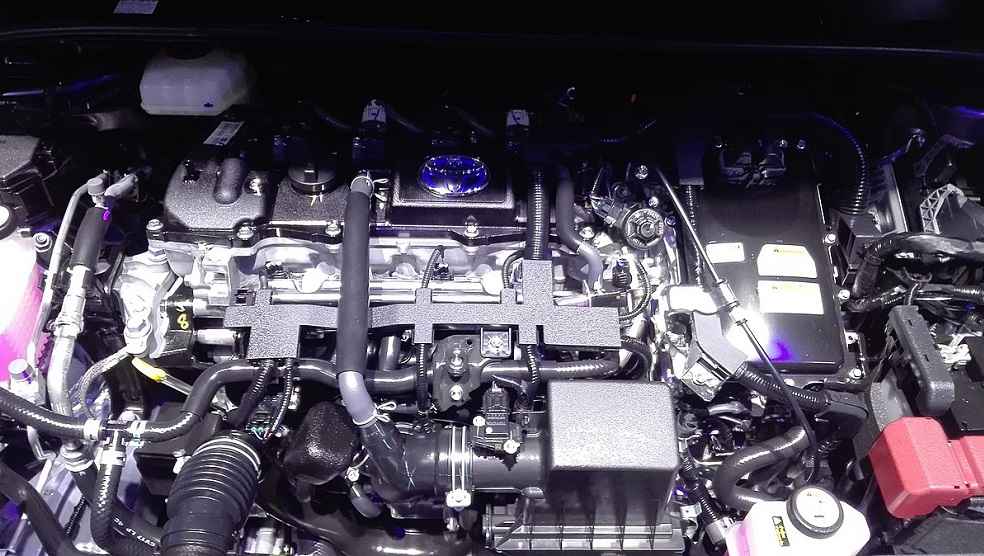As the automotive world accelerates towards electric vehicles (EVs), Toyota, the global leader in auto sales for the fourth year running as of 2023, stands out with its renewed pledge to advance internal combustion engine (ICE) technology. Akio Toyoda, the company’s chairman, announced this commitment at Toyota’s Vision Briefing in Japan, signaling a distinctive strategy amidst an industry-wide rush towards electrification.
Toyota’s approach defies the prevailing trend by banking on a future where EVs do not overshadow the market. Toyoda anticipates EVs capturing a mere 30% of the global car market share, a forecast supported by Toyota’s 2023 sales data, where EVs accounted for just 0.92% of its 11.23 million vehicles sold worldwide, despite a significant increase in EV sales from the previous year.

By embracing a broad spectrum of powertrains, including hybrids, fuel-cell electric vehicles (FCEVs), and traditional petrol and diesel engines, Toyota addresses the varied energy realities across the globe. With around one billion people living without electricity, Toyota emphasizes the impracticality of an exclusive shift towards BEVs or FCEVs. Toyoda’s message is clear: the focus should be on reducing carbon emissions, not on the means of propulsion. “We will continue producing engines because they still play a role as a practical means of achieving carbon neutrality,” Toyoda articulated.
Toyota’s dedication to ICE vehicles represents a bold divergence from an automotive industry increasingly leaning towards electric powertrains, driven by strict emissions legislation in several regions, including the European Union’s 2035 ban on new petrol and diesel-engine vehicle sales. However, Toyota’s strategy is not a retreat from eco-friendly initiatives but a balanced pursuit of carbon neutrality, considering hydrogen as a viable fuel source, as demonstrated by their hydrogen fuel-cell vehicle, the Mirai, introduced in 2014.

Under Toyoda’s leadership, Toyota asserts its unique position as one of the few ‘full-line’ manufacturers globally, with a keen understanding of the diverse ‘energy status’ of its customers. This inclusive strategy, aimed at ensuring “no one is left behind,” highlights Toyota’s commitment to a technological mix that caters to varied market demands while striving towards the company’s goal of carbon neutrality in its operations by 2035 and across its vehicle lifecycle by 2050. Toyota’s path reflects a thoughtful, inclusive vision for the future of mobility, advocating for a blend of technologies as the foundation for a sustainable automotive landscape.
EV WORLD | Toyota Chairman’s Bold Claim: EVs Capped at 30% Market, Not Dominant





